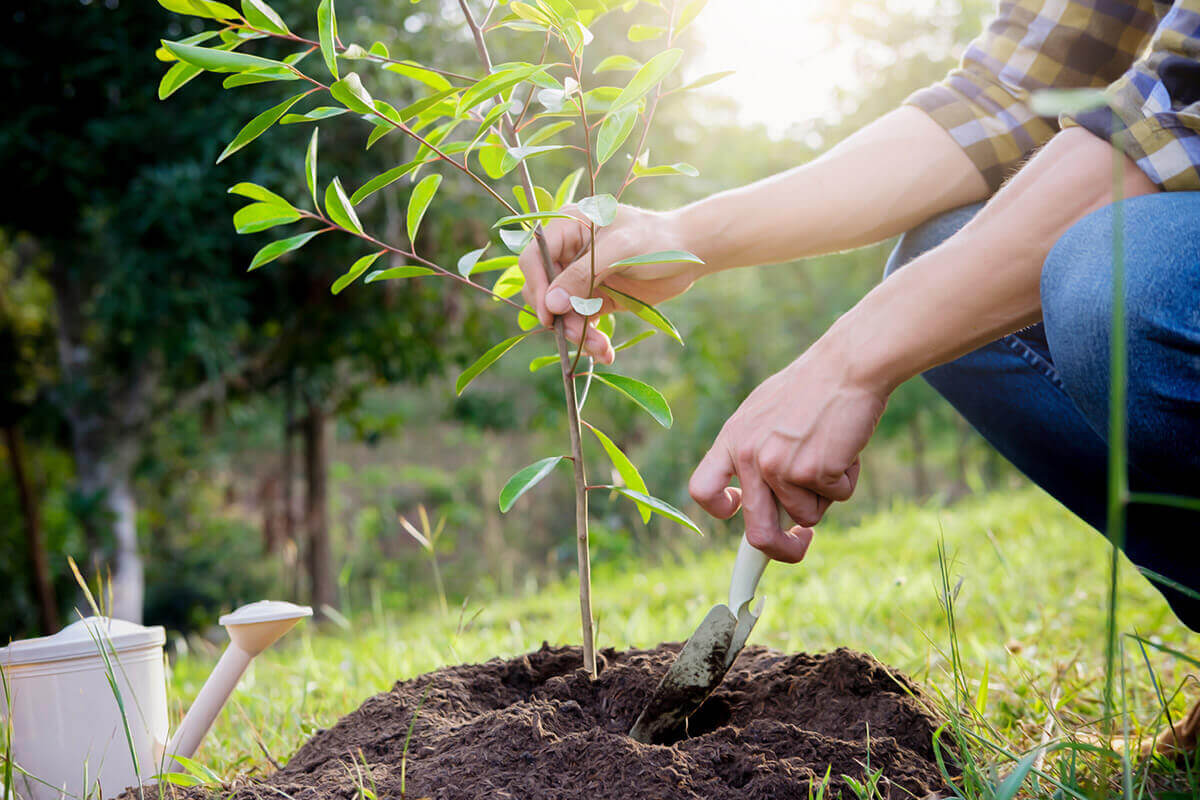Connecting with nature is so important as it improves your mental health and connection to place. Australians have endured a lot recently - drought, bushfires, and a global pandemic – and we need to connect with nature now more than ever for:
- Respite – from the demands of our fast-paced society.
- Recovery – evidence shows nature supports mental health and recovery from stress.
- Resilience – by supporting respite and recovery, nature helps build our long-term resilience.
Not to mention, as more people are continuing to work from home, having more trees visible from your home office is a powerful benefit for your mental health and wellbeing and encourage people to spend more time outdoors.
"Achieving at least a 30% urban greening target in local communities could lower the odds of psychological distress by up to 31%, loneliness by 24%, and dementia by 16%, as well as reducing the odds of developing diabetes, heart disease and hypertension."
Prof Thomas Astell-Burt from University of Wollongong, and Associate Prof Xiaoqi Feng from UNSW
Planting tips
Select trees that are right for your landscaping and environmental needs. Consider the planting location relative to your home office or other parts of your home where you spend most of your time. Think about things like how much maintenance will the selected species require, the amount of water needed, space limitations, zoning requirements and soil type.
Journal articles
Read the journal articles for more information on green spaces and its relation to mental health.
- The association between green space and mental health varies across the lifecourse. A longitudinal study
- Therapeutic Influences of Plants in Hospital Rooms on Surgical Recovery
- Psychological Benefits of Walking through Forest Areas
- Do Experiences With Nature Promote Learning? Converging Evidence of a Cause-and-Effect Relationship

